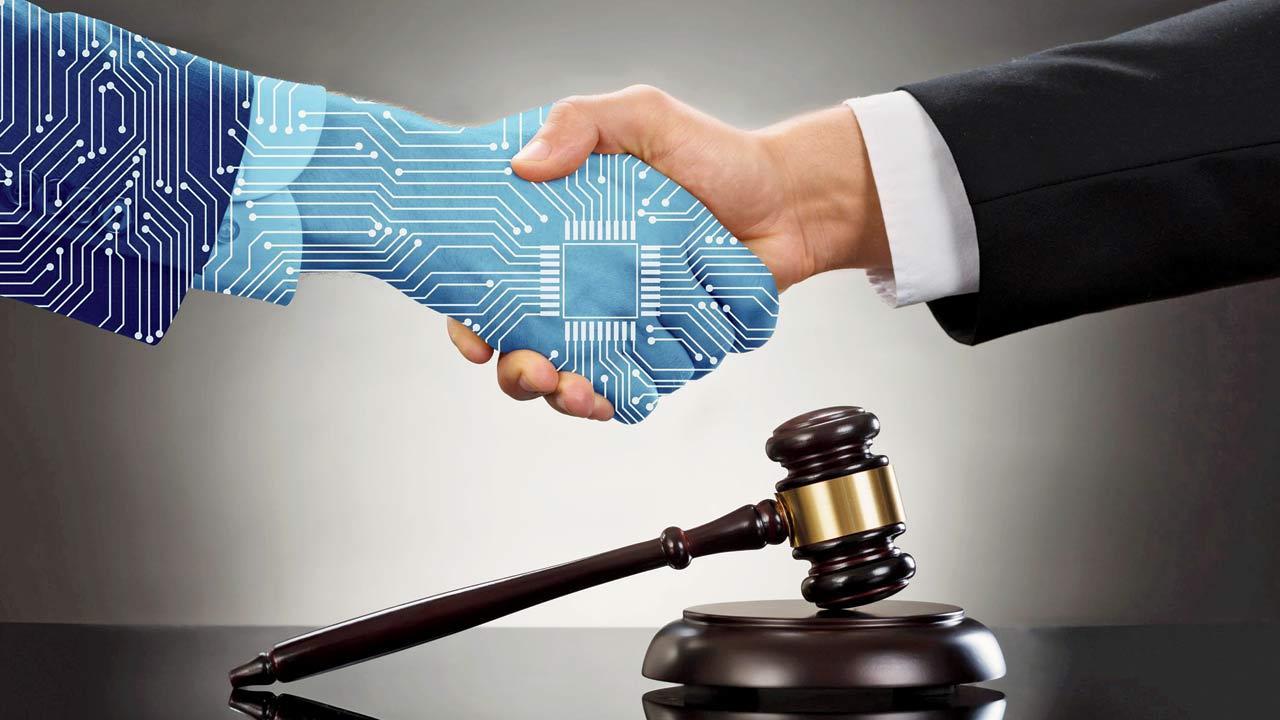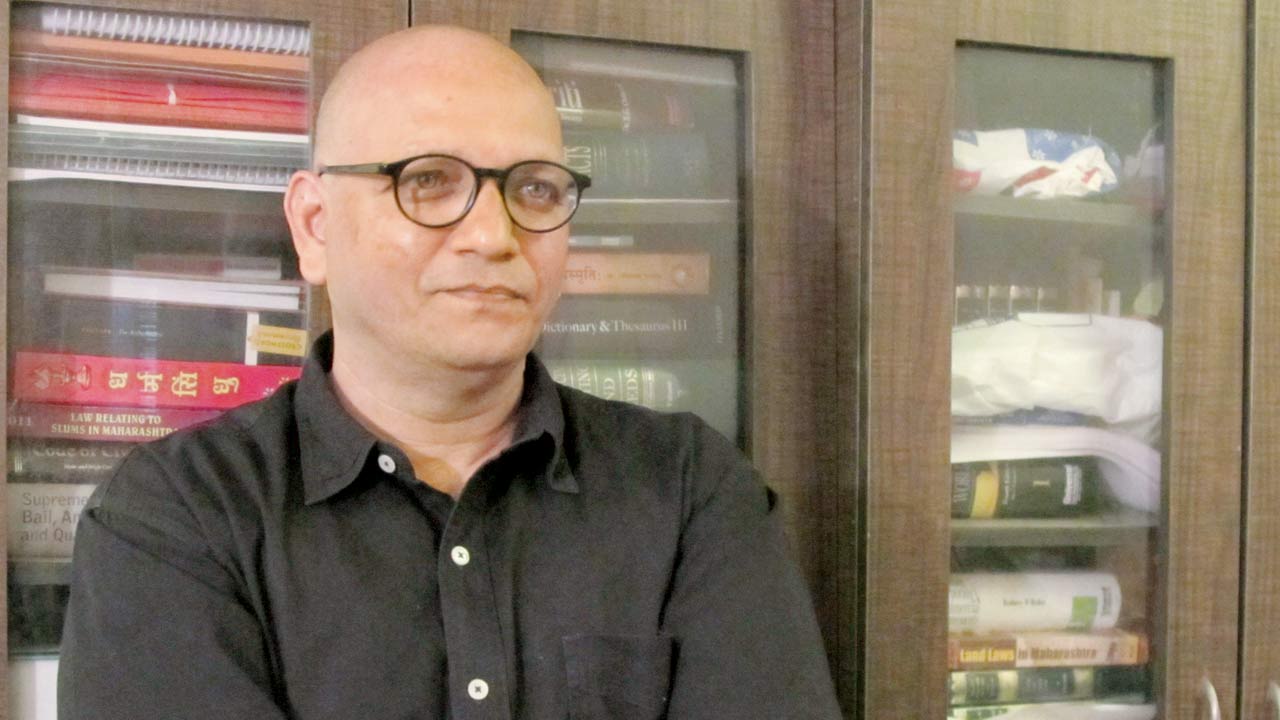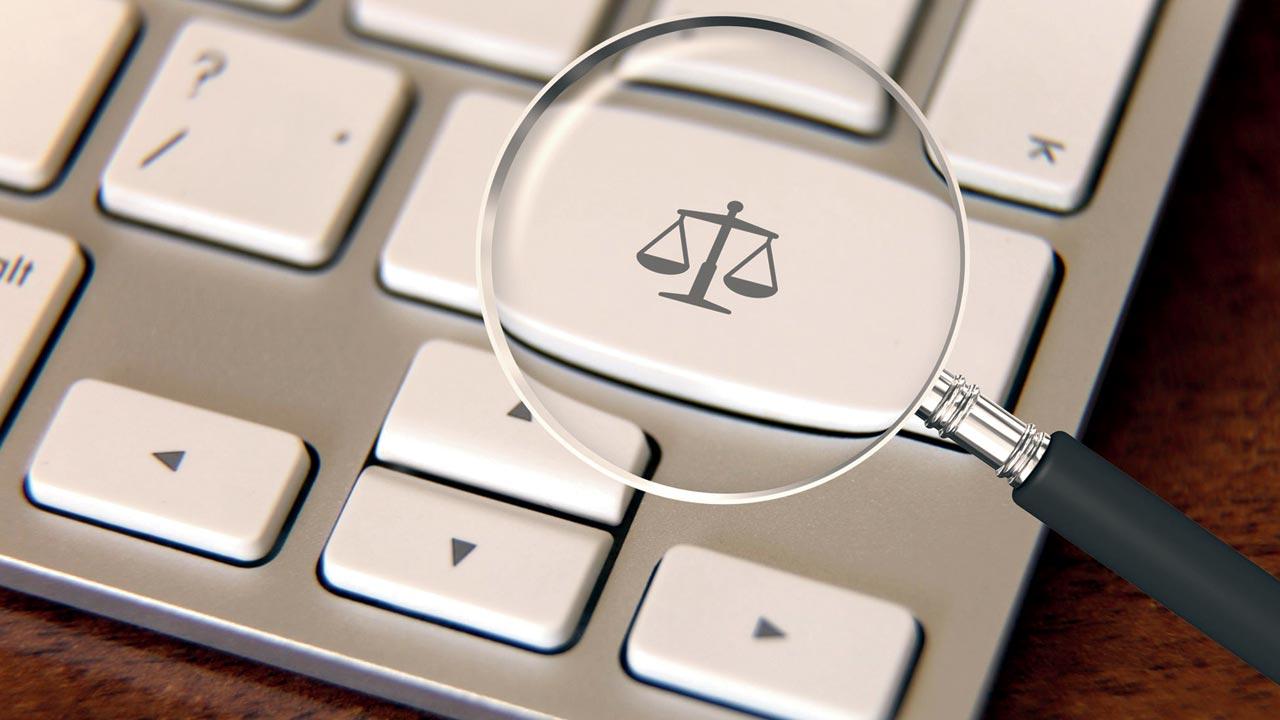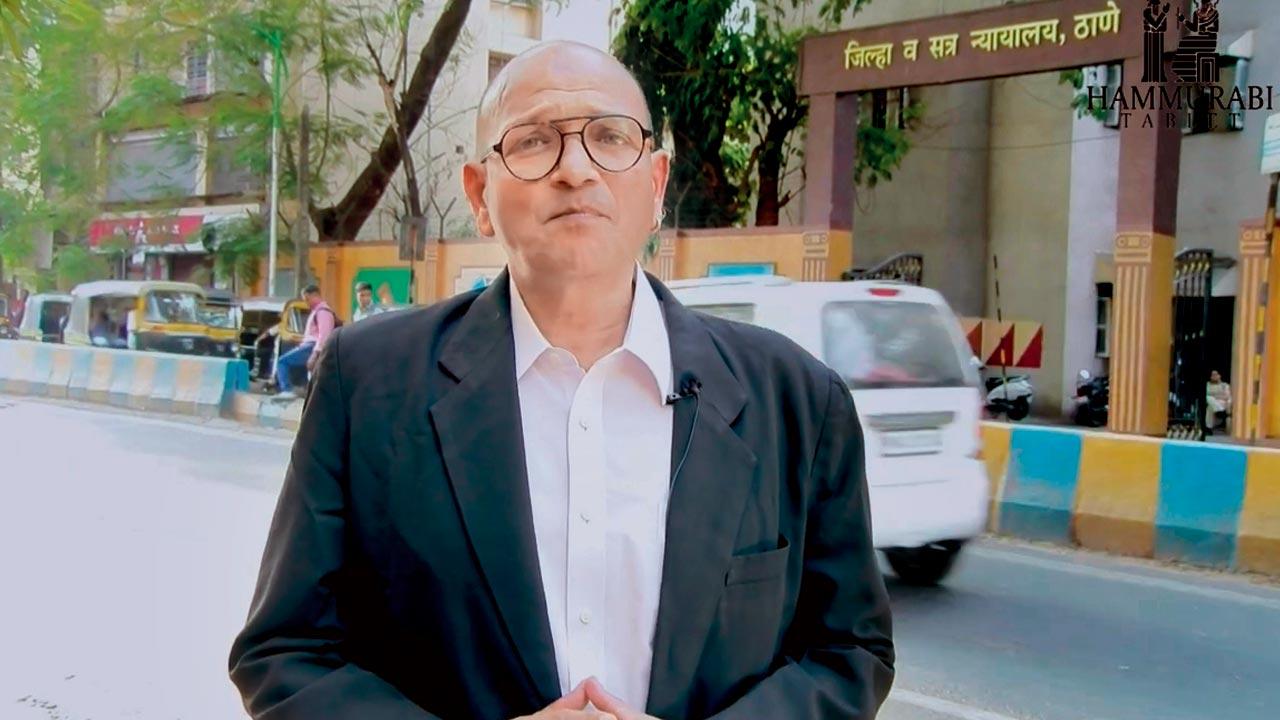Upskilling officers of the law and courts, boosting infrastructure could be challenges for new law regime, say experts

Representation pic
Even as the Union government is all upbeat about e-courts, which have also been reflected in the new criminal laws, the transition to technology for conducting all court activities may not be a smooth affair. On the ground, there appears to be reluctance from advocates, court staff and law enforcement agencies on the use of technology, which is compounded by the poor infrastructure.
mid-day spoke to advocate Rahul Mhaskar, who has extensively explored district courts of Maharashtra through the forum Hammurabi Tablet. He said he came across several difficulties in implementing technology under the ambit of the new criminal laws.

mid-day in its article titled ‘Experts concerned new laws may wreck overwhelmed judiciary’ dated July 1, had highlighted the concern over the pendency of over 4.50 crores regular cases across Indian taluka and district courts and the enforceability of new criminal laws.
Exploring district courts
“I have done a series for my forum Hammurabi Tablet by ‘Exploring District Courts of Maharashtra’ in which I visited 33 district courts in the state. I started the series in November-2019 and the first court was Gadchiroli district court. The series after facing pandemic issues concluded on May 1, 2023 at Bombay City Civil and Sessions Court. In the course of my visit I would interview advocates to collect information on various aspects such as, history of court, how criminal side functions in their court, how civil side functions in their court, what are activities done by the bar association, etc.,” said advocate Mhaskar, a practicing advocate from Mumbai.
 Experts say rural areas will have a hard time keeping up with the digitisation process. Representation pic
Experts say rural areas will have a hard time keeping up with the digitisation process. Representation pic
Inappropriate court structures
Mhaskar said, “During my visits, I found that, there are certain courts which are having huge court complex like those in districts of Gadchiroli, Amaravati, Ahmednagar, Nandurbar, Beed, Washim etc., and in comparison, to the size of these court buildings and complexes, the strength of bar (practising advocates in the said courts) was not huge. At the same time, there were certain courts which were running in the old buildings like in districts viz Yavatmal, Nanded, Jalna etc., where the proposals for the new building were in pipeline.”
e-Courts – a challenge
“As far as the infrastructure is concerned, it requires certain improvements. I noticed that Latur District Court has a good e-library and they even have an Information Technology Committee to assist the lawyers. I found that there was a mixed response on the e-court concept, I found that, mostly the young lawyers were at ease to use technology while senior lawyers found it very difficult to catch-up with the technology and thus leading to the opposition towards the e-Court concept,” said Mhaskar.
 Adv Rahul Mhaskar outside Thane Sessions and Civil Court. Pic/Hammurabi Tablet
Adv Rahul Mhaskar outside Thane Sessions and Civil Court. Pic/Hammurabi Tablet
Mhaskar said, “Importantly, though everybody accepted that need for e-court concept, but at the same time, expressed their dissatisfaction towards the infrastructure required for e-library and e-Court concept.
Among the issues which needed to be addressed for proper functioning of the e-Courts are, e-libraries: These are not fully functional in various taluka courts.
Kiosk machines: Existing information interface devices such as the kiosk machines are not fully functional.
Internet: An essential element for the functioning of e-Courts. However, it was found that the speed of the Internet is much slower leading to delay in the working and in some cases, even multiple attempts are required to complete a task. There are certain taluka places, which have very poor Internet services, causing problems to the advocates, as the number of files to be uploaded is large.
Power: This is a major issue in rural parts of the state and even at times, in certain districts. This has two aspects, first either there is a prescribed day for power cut or there is a sudden power cut or load shedding. It should be appreciated that such kind of issues are creating hurdles for the functioning of the advocates as far as e-Courts are concerned. Appearance in person for the advocates, owing to lack of power, defeats the very purpose of e-Courts.
Financial aspect: For functioning of the e-Courts, an advocate should have at least good smart mobile phone or laptop or desktop. It is important to note that all the young advocates do not come from a very financially stable family and accordingly, this causes an additional financial burden on them, said advocate Mhaskar.
“Even though e-courts are the way of the future, but it can only be achieved if appropriate and accessible infrastructure is created,” Mhaskar said.
4.50cr
No. of cases pending across India
 Subscribe today by clicking the link and stay updated with the latest news!" Click here!
Subscribe today by clicking the link and stay updated with the latest news!" Click here!








